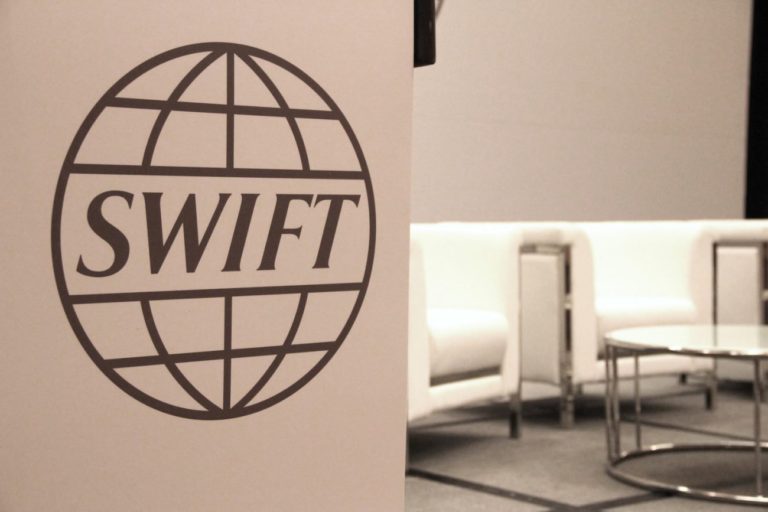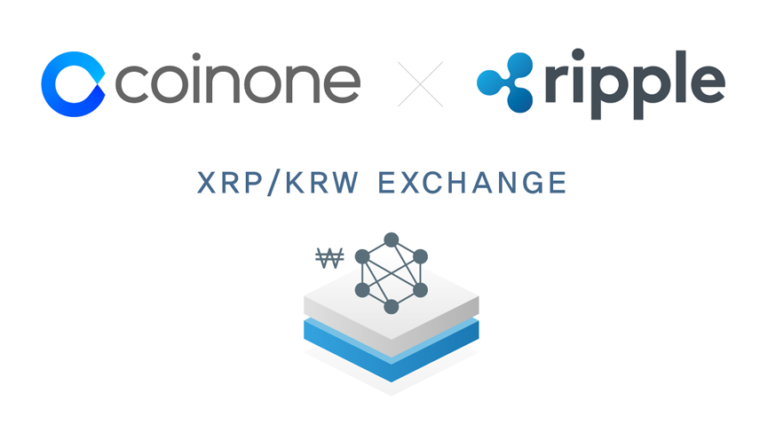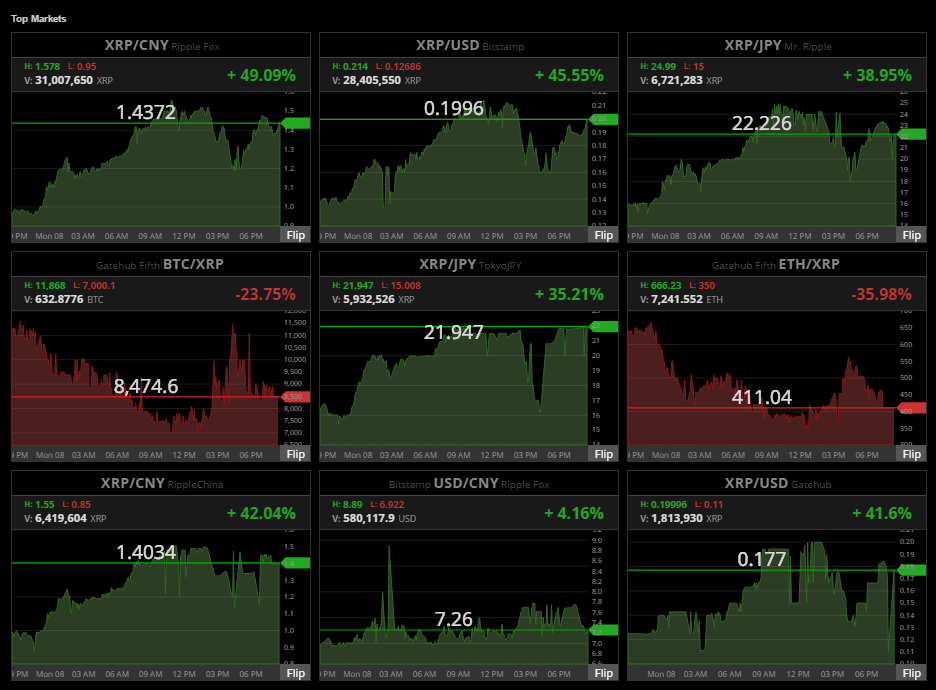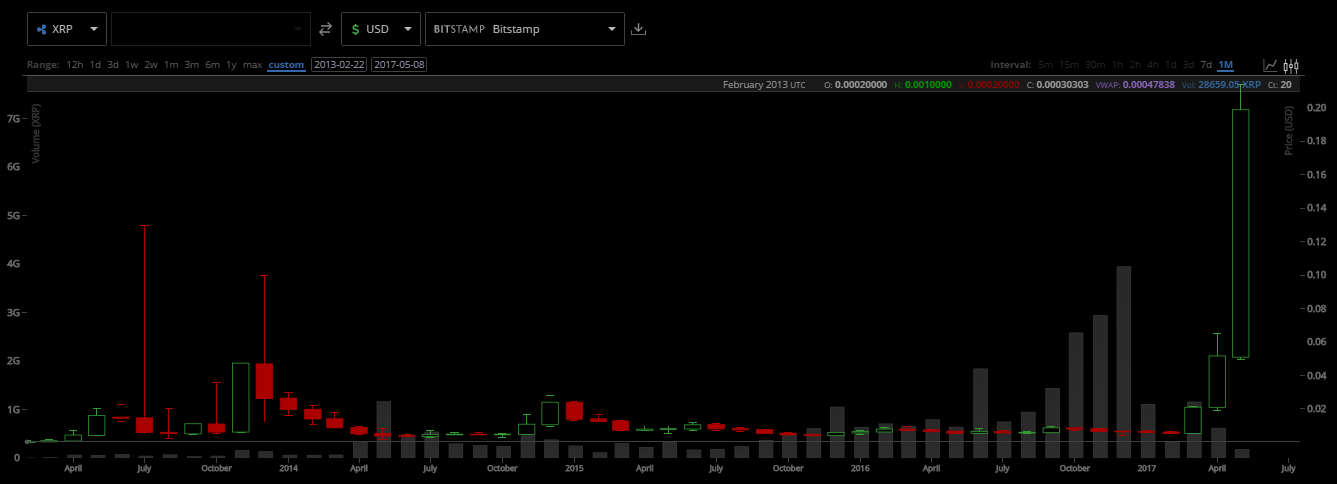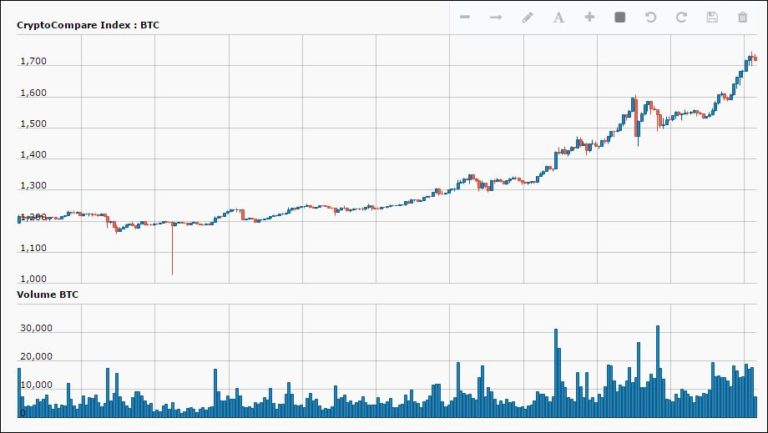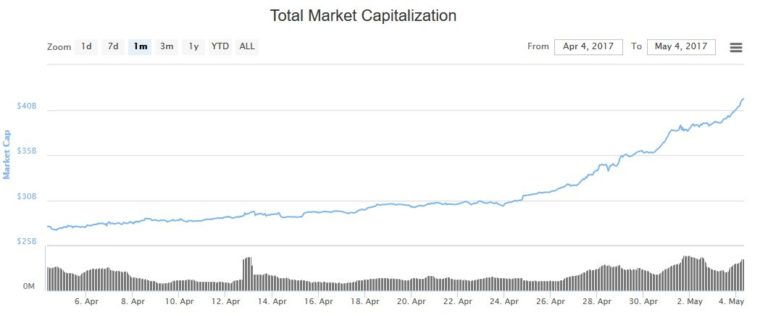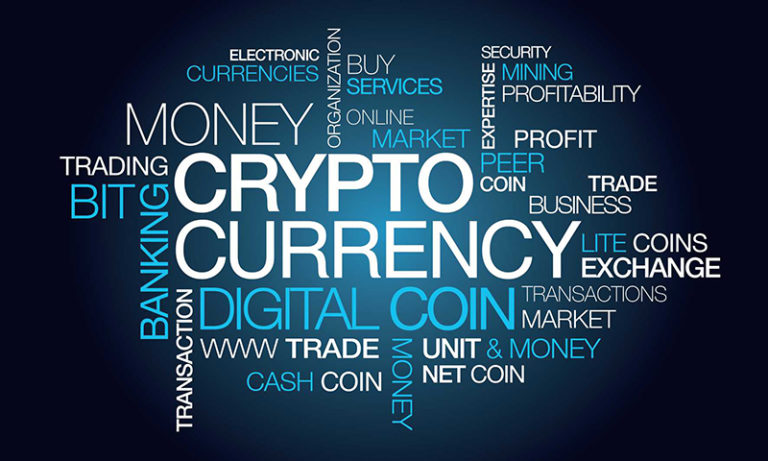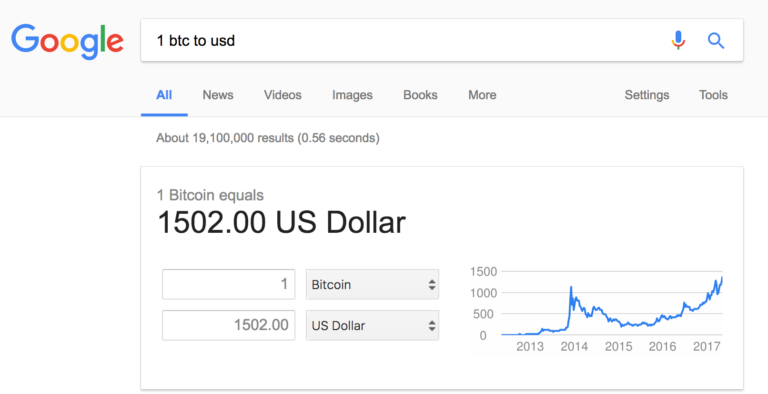SWIFT, the operator of the platform used by the global banking system, has added 22 new banks to its ongoing blockchain proof-of-concept (PoC), deemed by SWIFT as ‘the new standard for cross-border payments.’
In an announcement today, SWIFT has confirmed the addition of 22 additional global banks to the PoC blockchain endeavor founded by six initial banks in April this year. As CCN reported at the time, SWIFT chose the Hyperledger Fabric, a product of the open-source Linux Foundation-led Hyperledger initiative, for the core technology of the trial. The aim of the blockchain trial is to enable banks to reconcile with their international nostro accounts in real-time.
Nostro accounts are critical to the global banking system, enabling banks to deposit money in designated nostro accounts around the world. These accounts facilitate international money transfers with recipients’ destination accounts receiving deposits from geographically-nearby nostro accounts.
Damien Vanderveken, head of R&D of SWIFTLab and user experience at SWIFT, explained the benefits of powering the world’s interbanking and financial messaging system with blockchain technology, stating:
If banks could manage their nostro account liquidity in real time, it would allow them to accurately gauge how much money is required in each account at any given point, ultimately enabling them to free up significant funds for other investments.
The SWIFT-developed blockchain will be developed with a combination of the recently released Hyperledger Fabric 1.0 and ‘key SWIFT assets’ to restrict access to permissioned partners – the bank owning the nostro account and its corresponding banking partner.
The 22 new members include major banks from Asia, Europe, Africa, North America and Asia. The banks will act as a validation group to test the blockchain application developed by the original six founding members in Australia and New Zealand Banking Group (ANZ), BNP Paribas, BNY Mellon, DBS Bank, RBC Royal Bank and Wells Fargo.
“This new group of banks allows us to greatly extend the scope of multi-lateral testing of the blockchain application and thus add considerable weight to the findings,” stated Wim Raymaekers, Head of Banking Markets and SWIFT gpi at SWIFT.
The PoC blockchain will see testing during this year’s summer while results are expected to be published in September prior to a presentation at this year’s Sibos conference in Toronto come October.
The complete list of the 22 banks, who will work independently of the founding six banks as testers and validators of the blockchain PoC, are: ABN AMRO Bank, ABSA Bank, BBVA, Banco Santander, China Construction Bank, China Minsheng Banking, Commerzbank, Deutsche Bank, Erste Group Bank, FirstRand Bank, Intesa Sanpaolo, JPMorgan Chase Bank, Lloyds Bank, Mashreq bank, Nedbank, Rabobank, Société Générale, Standard Bank of South Africa, Standard Chartered Bank, Sumitomo Mitsui Banking Corporation, UniCredit and Westpac Banking Corporation. #blockchain #bitcoin #crypto #cryptonews
